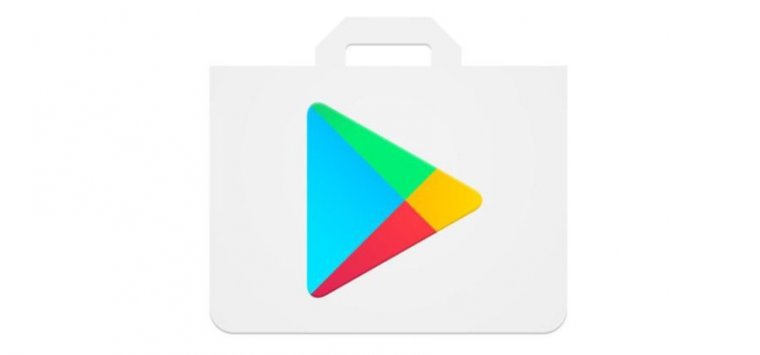
Enlarge (credit: Google Play Store)
Google Play is moving forward in its war on old, un-updated apps. The Play Store has had a rolling minimum level for Android version support for a while now; developers have to use a "target API level" that is one year old or newer, or they will be unable to update their apps. Now, Google is announcing a second rolling minimum—if an app's target API level is two years old, the app will be hidden from the Play Store listings. That means users searching for a new app to install won't see abandoned apps.
Android's "target API level" system is sort of like a backward-compatibility setting for Android apps. Every new version of Android is identified by a new API level, which goes up by one with every release. Currently, Android 12L is API level 32, and Android 13 will be API level 33. Every version of Android comes with new features and security restrictions for app developers, but because Google doesn't want to break old apps with every release, the API level system lets app developers "target" the version of the Android features and restrictions they would like to run under.
The target API level doesn't have anything to do with the minimum version of Android that an app will run on (that would be the second big app setting, the "minimum API level"); it just lets apps say, "I am coded with compatibility for Android 12 features and restrictions, if they are available." In this case, the app would get access to the Android 12 features and have the Android 12 security restrictions applied to it, and it would run normally on older versions.
Read 4 remaining paragraphs | Comments

Enlarge (credit: Google Play Store)
Google Play is moving forward in its war on old, un-updated apps. The Play Store has had a rolling minimum level for Android version support for a while now; developers have to use a "target API level" that is one year old or newer, or they will be unable to update their apps. Now, Google is announcing a second rolling minimum—if an app's target API level is two years old, the app will be hidden from the Play Store listings. That means users searching for a new app to install won't see abandoned apps.
Android's "target API level" system is sort of like a backward-compatibility setting for Android apps. Every new version of Android is identified by a new API level, which goes up by one with every release. Currently, Android 12L is API level 32, and Android 13 will be API level 33. Every version of Android comes with new features and security restrictions for app developers, but because Google doesn't want to break old apps with every release, the API level system lets app developers "target" the version of the Android features and restrictions they would like to run under.
The target API level doesn't have anything to do with the minimum version of Android that an app will run on (that would be the second big app setting, the "minimum API level"); it just lets apps say, "I am coded with compatibility for Android 12 features and restrictions, if they are available." In this case, the app would get access to the Android 12 features and have the Android 12 security restrictions applied to it, and it would run normally on older versions.
Read 4 remaining paragraphs | Comments
April 07, 2022 at 11:11PM

Post a Comment